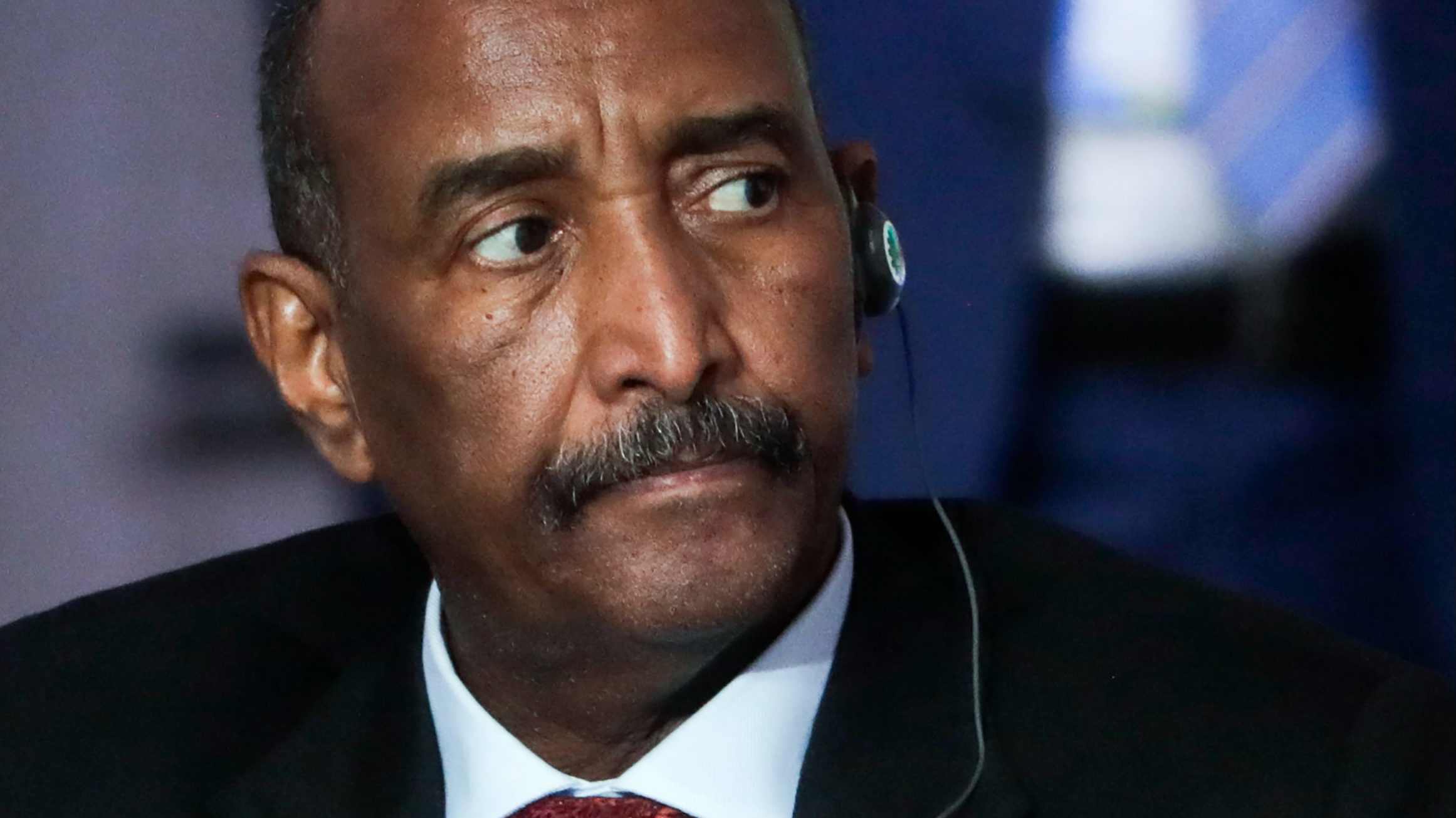The UAE is Promoting Normalization with Israel through Sudan’s Military Apparatus
Al-Araby Al-Jadid, London, October 25
While the issue of normalization between Israel and Sudan has been on the agenda for the past few years, the breakthrough in establishing ties between the two countries was only achieved this year, after the United Arab Emirates sponsored a meeting that brought together Abdel Fattah al-Burhan, the chairman of Sudan’s Transitional Military Council, and Binyamin Netanyahu, Israel’s prime minister, in the Ugandan city of Entebbe. Although the Sudanese public, steeped in its own internal problems, did not react – either positively or negatively – to this meeting, the Sudanese ruling authority tried to undermine its effect by delegating the decision on any future move with Israel to the executive branch. However, successive developments took place behind the scenes, including the arrival of several Israeli planes to Sudan, allowing Burhan and Netanyahu to maintain a direct line of communication. Since Burhan assumed the presidency of the Military Council on April 13, it has been clear that there is a close relationship between a number of the council’s members, Riyadh and Abu Dhabi. However, several notable developments, including the continuation of the Sudanese participation in the Yemeni Civil War, raised doubts about how this relationship would proceed. It was clear that the UAE was keen to ensure that Sudan’s military apparatus maintain a position of power in any future political arrangement in Sudan. This push to place the military at the forefront of Sudan’s politics paved the way for the normalization of ties with Israel. Israeli efforts to normalize relations with Sudan are certainly not new. They emerged in the 1950s, when direct contacts were made between Tel Aviv and the nationalist Umma party, affiliated with the Ansar sect. Then, attempts were repeated during the rule of former Sudanese president Jaafar Nimeiry between 1969 and 1985, when Nimeiry met with the then-Israeli defense minister Ariel Sharon, on a farm in Kenya in 1982, to coordinate the transfer of Falasha Jews from Ethiopia to Israel. The era of ousted president Omar al-Bashir (from 1989 to 2019) also featured several Israeli attempts to normalize ties directly with the Foreign Relations Committee of the Sudanese National Dialogue. After the outbreak of the revolution that toppled Omar al-Bashir, the country suddenly moved away from its historical alliance, of which Khartoum was one of its most prominent links. Ultimately, Sudan’s desire to be removed from the list of state sponsors of terrorism and the hope of mending its thorny relations with America provided the right conditions for talks with Israel. However, many in Sudan believe that any Emirati attempt to push for a comprehensive normalization is unlikely to be successful for many reasons, including Abu Dhabi’s failure to strengthen pro-Gulf Sudanese political figures, such as the vice president of the Sovereignty Council, Mohamed Hamdan Dagalo. The ongoing political crisis in the country also presents an obstacle to the issue of normalization with Israel, as this matter deepens internal Sudanese disagreements. Some voices within Sudan already described this move as “political bribe,” claiming that Israeli or American benefits will not change the country’s stance on Israel and its occupation of Palestinian lands. – Al-Araby Al-Jadid Staff (translated by Asaf Zilberfarb)


